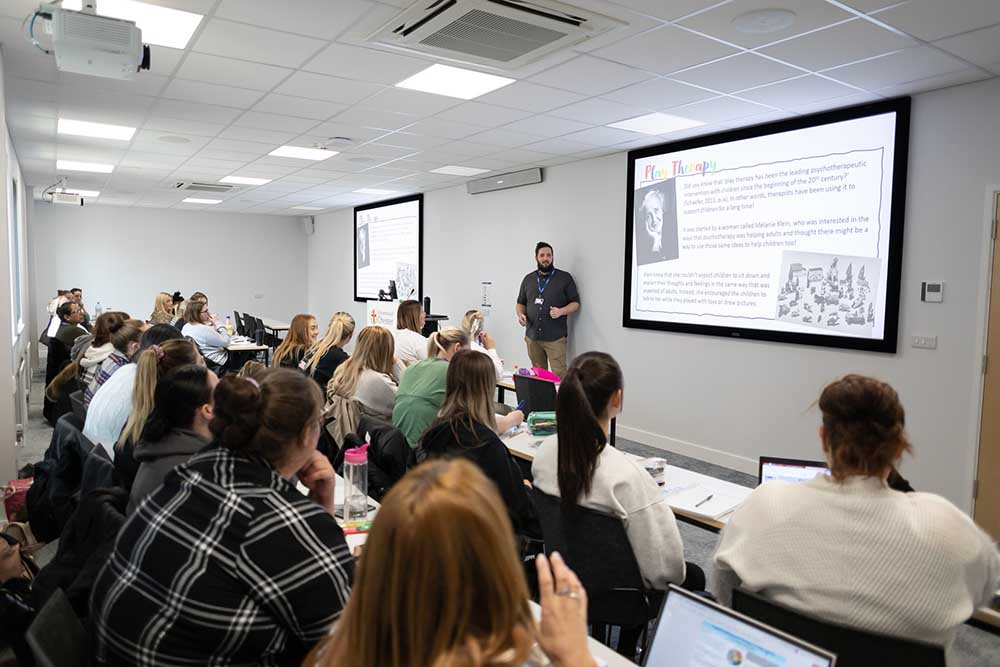2:2honours degree
The MA is open to graduates with a 2:2 honours degree in social sciences, e.g. primary education, education studies, sociology, childhood studies, social work, psychology, educational psychology, criminology or health and social care.
Applicants with degrees in other subjects may be considered, along with non-graduates, if they can demonstrate sufficient work experience with children, young people or marginalised groups.
Applicants who have a non-social science/ education background may be considered on a case-by-case basis, providing they have clearly articulated their motivation for studying in this area in their personal statement.
2:2honours degree
The MA is open to graduates with a 2:2 honours degree in social sciences, e.g. primary education, education studies, sociology, childhood studies, social work, psychology, educational psychology, criminology or health and social care.
Applicants with degrees in other subjects may be considered, along with non-graduates, if they can demonstrate sufficient work experience with children, young people or marginalised groups.
Applicants who have a non-social science/ education background may be considered on a case-by-case basis, providing they have clearly articulated their motivation for studying in this area in their personal statement.
English Language Requirements
Applicants whose first language is not English must provide evidence of proficiency to IELTS 6.5 with no less than 5.5 in each band or equivalent.







.jpg)















